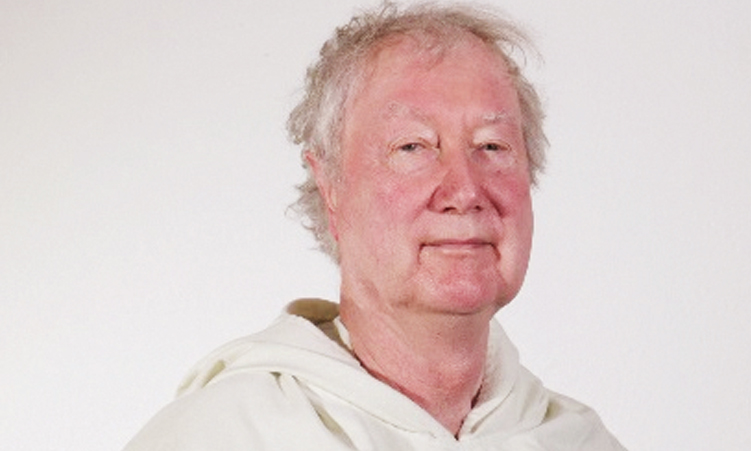Every Easter, Christians remember how at the Last Supper, on the eve of Jesus’s crucifixion, hope seemed to be lost.Most of Jesus’s closest friends were about to deny and desert him. All that lay ahead was torture and a hideous death.
But in this moment of despair, Jesus made himself a gift for all, giving bread to the disciples and saying, “This is my body given for you”.This act of hope extended into Easter morning, when life triumphed over death, love over hatred, and divine giving over human grasping.As we mourn the death of Pope Francis, our hope following this Easter Sunday is that even the smallest acts of kindness can bear fruit beyond our imagining.

Our world is plagued by poverty and violence – problems that seem impossible to solve – at a time when our global order is in danger of collapse.Christian charities – Catholic Relief Services, World Vision, Samaritan’s Purse, and Jesuit Refugee Service come to mind, among many others – are playing an admirable role in helping alleviate this suffering.When so many people have no hope for the future, these charities’ efforts globally are fundamental to our faith.
That role will become even more important as major economies cut their foreign aid budgets, inflicting profound damage on vulnerable people, each one made in the image of God.DIGNITY AND DEATHBoston University’s new digital tracking initiative estimates that the near total freeze on United States (US) foreign aid funding and programming since January has already resulted in the deaths of more than 68 000 adults and more than 142 000 children.Judaism and Islam also insist that charitable giving is essential to a life of faith, rather than an optional extra.
The word “charity” comes from the Latin caritas, which means “love”.In that sense, charities express what is fundamental to our human dignity: The ability to give freely and to receive gifts without shame.True, some aid can be patronising and humiliating, imprisoning people in a culture of dependence.
But this is not how most of these charities work. Instead, they recognise that the most vulnerable and fragile among us bear witness to oft-forgotten aspects of human dignity: Resilience, solidarity, mutual dependence, trust in God and each other, and gratitude.Jesus says whoever reaches out to “one of the least of these” gives to him.
To turn away from the poorest is to reject God.Above all, aid sustains family life, especially the women and children whom it should be unthinkable to abandon.Nikolai Berdyaev, the Russian existentialist philosopher, wrote: “Bread for myself is a material question; bread for my neighbour is a spiritual question.
”For Christians, the ultimate act of giving is shown in Christ’s shedding of his blood on the cross.GIVING AND RECEIVINGFor all of us, whether religious or not, charity is life-giving blood, which circulates in the body of society, nourishing life with its kindness.Given this, recent reports in Reuters, Bloomberg, the New York Times, and the Financial Times that the US government may impose new curbs on charitable giving are profoundly worrying.
The ability of charities, funders and philanthropies to operate and deliver support unhindered is vital not only to those who benefit from aid, but also to those who give it.A society in which charitable giving is deliberately restricted would be doomed to poverty itself, both financial and moral.Pope Francis devoted his life to serving the poor and tackling injustice.
His final Easter ‘Urbi et Orbi’ message is worth reflecting on: “I appeal to all those in positions of political responsibility in our world not to yield to the logic of fear which only leads to isolation from others, but rather to use the resources available to help the needy, to fight hunger and to encourage initiatives that promote development.”Hope, faith and charity are the foundational virtues of Christianity.Although many of us were running low on hope this Easter, our faith remains strong, as must our common commitment to charity.
Timothy Radcliffe was created cardinal by Pope Francis on 9 December 2024.– Copyright: Project Syndicate, 2025; www.project-syndicate.
orgThe post A Society Without Charity is Doomed to Failure appeared first on The Namibian..
Politics

A Society Without Charity is Doomed to Failure

Every Easter, Christians remember how at the Last Supper, on the eve of Jesus’s crucifixion, hope seemed to be lost. Most of Jesus’s closest friends were about to deny and desert him. All that lay ahead was torture and a hideous death. But in this moment of despair, Jesus made himself a gift for all, [...]The post A Society Without Charity is Doomed to Failure appeared first on The Namibian.















